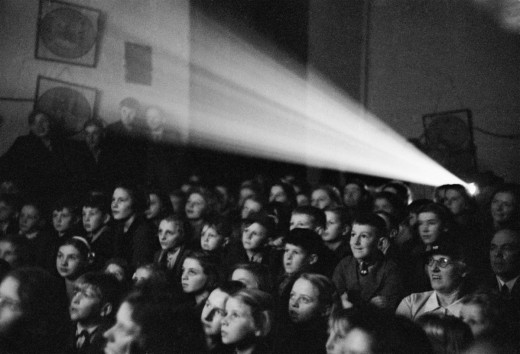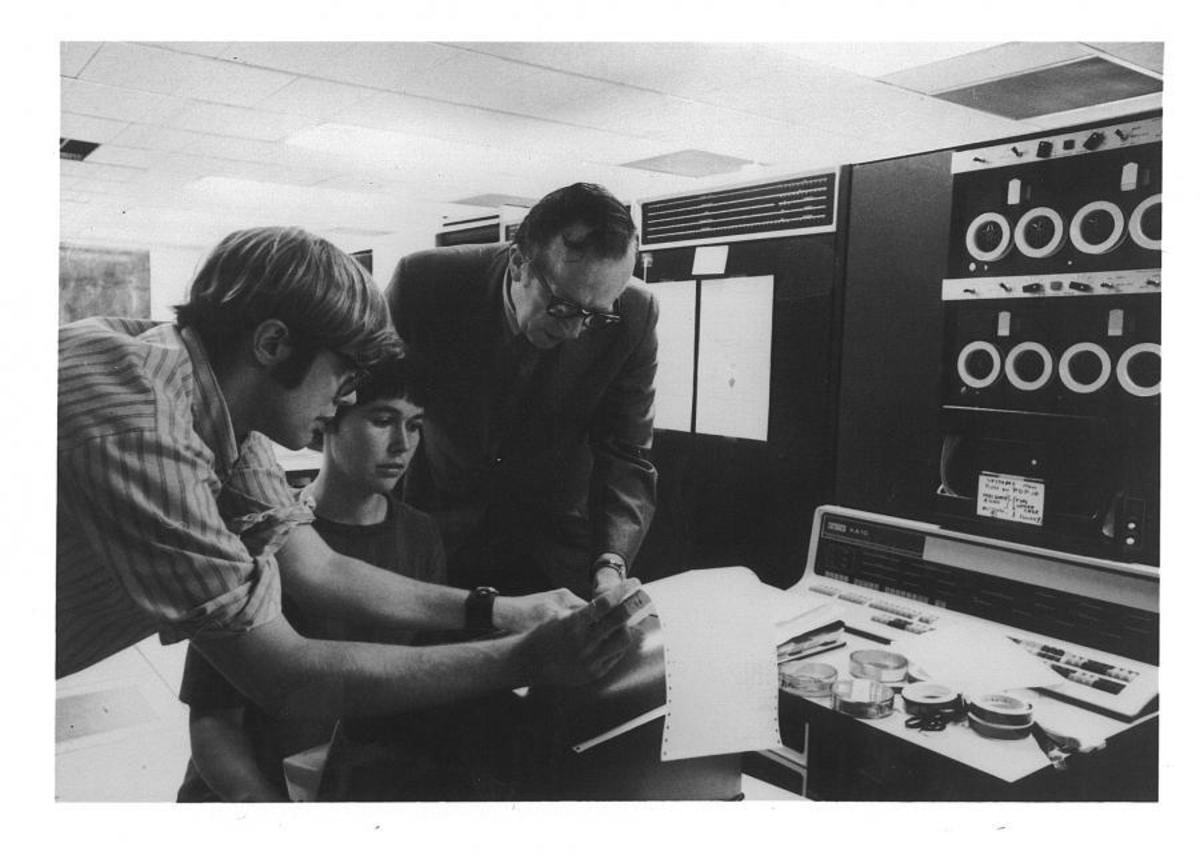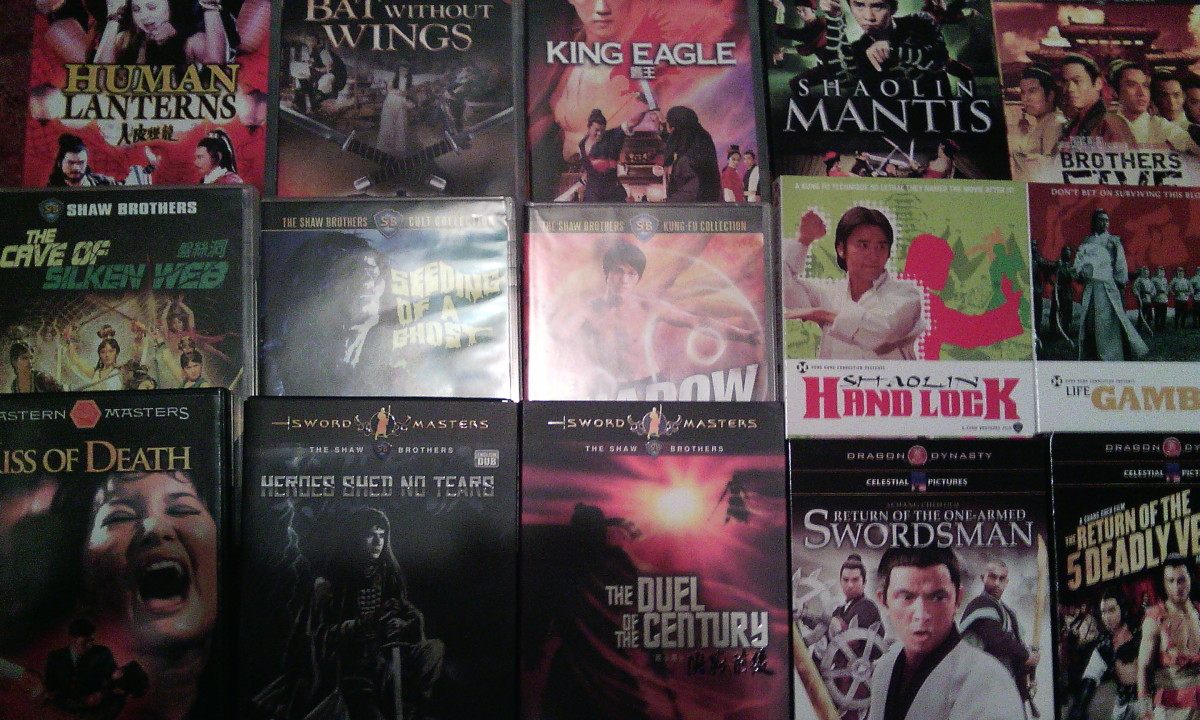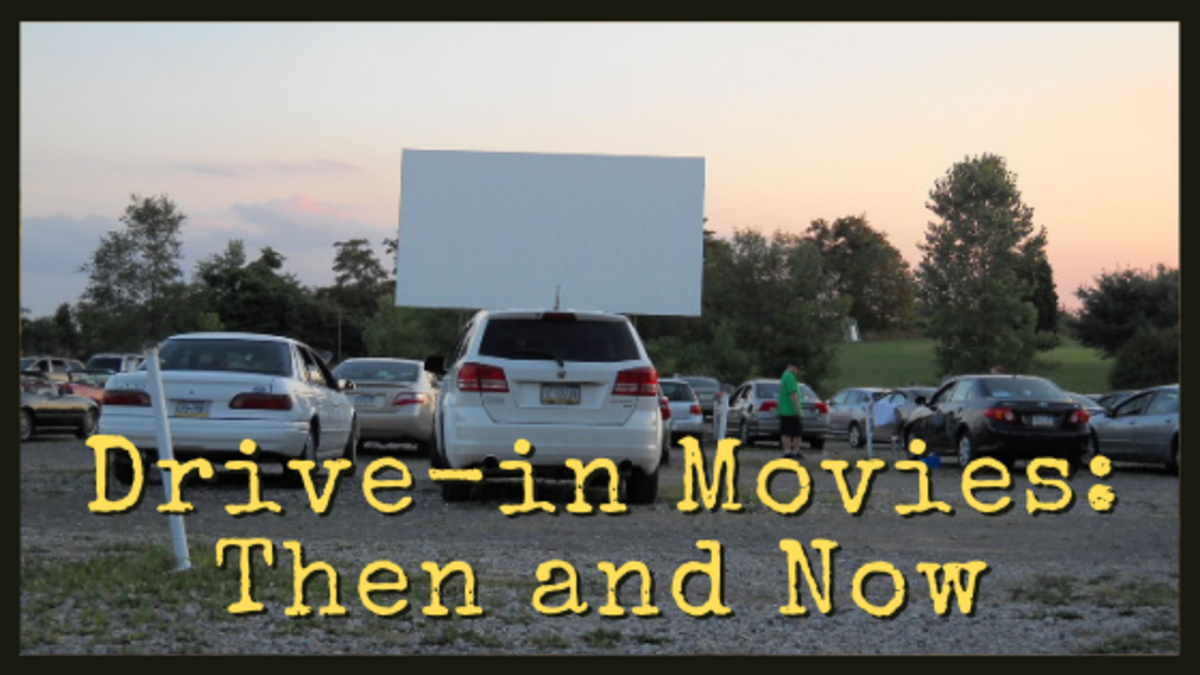Ways Your Film & The "Hollywood" Film Industry Can Save Itself

The Old Hollywood Died
The "Hollywood" of yesteryear is gone. Some might even go so far as to say "dead". The days of locking down talent, production, stage, and theater chains into binding contracts are gone. Those glorious days of studio produced movies reflecting, and purveying the mood of the times in movie theaters coast to coast; has been replaced by readily available, "on demand" content, viewable on everything from t.v. to phones. The ways of the old "Hollywood" died.

"New Hollywood"...is morphing.
Today, the behemoth that once was is being ground to powder by the variety of entertainment outlets available today. That doesn't mean it's completely obliterated, of course. It's merely a shadow of it's former self.
There is many an argument against the industry, as to why it should go away. "It's not needed any more.", "They're greedy.", "The movie industry perpetuates all manner of sexism, violence, and a base misrepresentation of humanity.", etc., etc. have all been used against it. Still, it remains a tremendous vehicle to showcase film in an efficient and unique way.
How can it be "saved" or at least changed to accommodate the creation, and consumption of the film medium in this new era of entertainment?
Sorry for the right-handed audio

Use Your Pirates!
This applies mainly to big studios and the like:
For god sake, use movie pirates to your advantage. They aren't going away so, you might as well use them to make your product better. "How?", you ask. That's easy.
Don't give them the whole movie.
Much like the television industry uses a "pilot" to figure out public interest, movies can use short film as a means to test interest in a potential blockbuster.
Mine the script libraries, novels, script writers both online and off for promising material. Find something good and run it through. Hire the crew, actors, directors, etc. and make a short film. Upon completion, release it online...for free to little screens everywhere.
That's right, release it to the general population for free and start counting views, shares and nefarious downloads. Give it a decent wait time (say a month) and check the numbers. If they're high, move forward, if not...let it die. It's easier to drop a little money on a flop than millions.
When the numbers are right, toss it into the production mill and spend half the usual money on advertising (as the short film did most of the footwork for you). When the real deal hits theaters, pirating will still be a problem, but a built in paying audience should compensate...at least a little.

Lower Your Prices On The Secondary Market
The movie industry has changed. It used to be, that the real money was made in the theaters and maybe a little on that when sold to television. Now, movies are little more than huge commercials for the blu-ray, digital and dvd sales that come after.
The problem is...the price of that secondary market. The curtain was lifted a long time ago as to the cost of creating it. It isn't all that much and certainly isn't $24 worth of disc, let alone the extras that go with it.
Its understandable that a product, such as a movie, costs money and the willingness of a company to make it. It's is predicated on the profit it can generate, but...come on. Treating an audience as little more than ATM's with eyes has a cost that far exceeds production. It's driving them away.
Cater to the audience instead. Offer the movie on at a lower price point that better reflects the way it's consumed. If someone wants a disc, then the price would be more; just a download,...a lot less money.
Forcing a consumer to pay the same amount for "invisible media" (file downloads, streaming, etc.) as they do for "physical media" (discs, dvd collections, etc.) is insulting on many levels. Hence the Instead, offer downloads for less (as you aren't getting physical media with it).
As much as movie makers need to see what their money is buying, so too does the consumer. In addition, selling "special features" as carte blanche would go a long way to shoring up sales.

Utilize Internet Script Writers!
There are, according to most estimates, hundreds of thousands of writers on the internet currently. A good portion of choose to write within certain genres and all of those genres are beaten to death by Hollywood studios.
However, Hollywood has lost it's creative edge over the last couple of decades. Instead, resigning itself to "rebooting" and rehashing flagging, old material in the hopes that it might rejuvenate it's original luster. Always with the hope to glean just a few more dollars from it's ghost.
It seems to have lost it's own narrative thread (so to speak) and forgotten the inadvertent way it's always "rebooted" itself; with strange new writers.
In days gone by, those writers would come from unintended sources. The silent days yielded actors who could write. The 40's and 50's, foreign born writers took up the scripting mantle. After that, it was the film school upstarts writing their own movies and creating companies. Not too long ago, it was the entirely self funded, homemade movie writers that brought us to what we have today.
Where is the next wave of original idea generating writers coming from? The internet and it's aforementioned thousands of hopeful scribes, of course.
What major studios should be doing is trolling the internet, scouring it for talent. It would save them money and inject more original content into it's coffers. Content providers turned producers like Netflix and Amazon are already doing this, it's time for the majors to get on board...or sink.
Kiosks Are Your Friend
For the time being, people still visit "brick & mortar" stores. Instead of stocking shelves with physical media that is quickly becoming out of date, why not create a kiosk to sell?
A kiosk, within the security of a retail environment could be used in such a way as patrons can download movies to phones or other handheld device or upload a purchase directly to a "cloud" for consumption later. So, instead of paying for shelf space, someone to manage and stock the merchandise, and try and keep abreast of ever evolving media types; simply install a 'Redbox' style kiosk for downloading (or cloud uploading) in a retail location such as Walmart. It would literally be a one stop shop location for multiple movie purchases on the fly.

Partner with Netflix for a straight to Netflix release or use Netflix to release interactive trailers that can be upvoted and downvoted. When a trailer receives a healthy dose of "ups" compared to "downs", strike while the iron is hot and throw down on a movie. It'll save time, money and sanity.
The same can be applied to other services of course.
If you're an independent producer watch this video:
Make Events Happen
Involving the audience used to begin and end with the theater experience. Now, a film's audience is more interactive of social media and the internet in general, enjoying television content and movies in the privacy of...where ever they are. Yet, the popularity of conventions showcasing the offerings of the entertainment industry are bigger than ever...and growing.

Creating events (at local theaters and similar venues), sponsored or endorsed by a film's producing company (along with all of the "swag" that that entails) would keep the film being represented in the minds of attendees.
An even broader approach would be an event centered around a particular studio's or producer's content. Having a night of just MGM movies, Lionsgate or Working Title for instance, showcasing the best of a producer, filmmaker or studio's offerings, while interacting with the fanbase on a one to one basis.
Building a "street team" of sorts to hand out "swag" and drum up enthusiasm, by holding competitions, panel discussions, all while selling downloads or physical media on hand would boost sales and interest. Even working with local theaters to have such nights and special events would bolster brand consumption.
Use The Hell Out Of Technology!
An oft under appreciated aspect of the movie enjoying experience is the ability to hear another, interesting point of view. Alternative commentary audio tracks are a great way to invigorate and reinvigorate content. This has been used, to varying success, in the past on both DVD and Blu Ray, as well as downloadable content. However, allowing for an array of commentary from multiple hosts would make for a more customizable and inclusive experience.
Updated audio commentary after initial release or an alternate additional commentary media, e.g. secondary screen use, using video (showing an actor/producer/whomever watching the film in "real time" along with you) could augment the viewing experience as well.
For instance, offering a place to upload a commentary track for a movie or offer tracks made by critics, actors, directors, producers, etc. both involved in the production or perhaps not associated.
The offering of these alternative tracks on streaming platforms as well, may go a long way to extending the shelf life of a film for months and perhaps years after initial release, generating revenue past the average decline now seen.

Creative Packaging
Today's media is identified as...a file. A file is transferable, it's extractable, it's decoded, uploaded, and downloaded. It's also incredibly invisible. Sure, you can see it's icon representation on a pc or phone, but it isn't tangible.
Media today is mostly unseen, at least from a physically interactive standpoint. You can't wrap your hands around it. There are discs in their various formats and the cases that hold them, but little else. When you download a movie from an online store, you have nothing in hand, just a playable file.
Why not offer extras for "ultimate" or "special" editions? Extra downloadable content is one cost saving option, but keepsakes to touch are something else entirely. The inclusion of an exclusive poster, figurine or other souvenir to be collected would increase the value and exclusive feel of a download or "invisible" media transaction. Having those items offered in tandem with the release, and only available with that release projects a "false scarcity" approach and would likely increase demand for the content.

Let The Fans In...But, Not Too Much
Interacting with fans to expand ideas or test an idea's marketability is a good way to gauge a general response to the demand of the product. "Test groups" are good for this sort of thing, but online forums (both official and unofficial) should be used to a greater extent, as it shows a greater swath of those who are interested in the content.
However, using a forum shouldn't be used to steer a production or scripting in any way (as test audiences and groups often do), as one person's version is usually only going to please...that one person. Instead, it should be a one way street, ideas from "the house" are bandied about in a forum for a certain time. Then, evaluate the overall reaction and move forward from there. It would go a long way to saving money, by not producing films that don't spark interest in general.

If you're a filmmaker, producer, studio or any entity that creates movie content for consumption, it's important to work with audiences. Somewhere along the line, from studios to theaters, the idea was lost or perhaps perpetuated too long, that things flowed down hill. Movies are made, audiences pay to watch them, end of transaction.
This may have been the way, but it is no longer. Audiences demand more, as they can take their money in any number of directions, most of them leading away from creators. Finding a viable avenue to the movie going masses is ever shifting, but is not unrealistic.
Creativity, ingenuity, and the ability to innovate is the key, in the way to "Hollywood's" rebirth.








